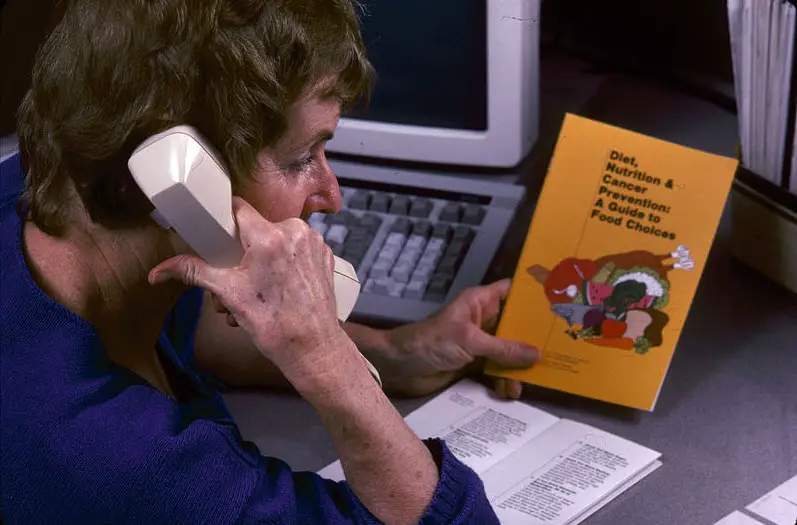Few people would deny the benefits of being able to be available at the end of the phone, whether for the purposes of keeping in touch with loved ones or being able to deal with companies or conduct business dealings with ease. But being so readily contactable has become an avenue that has become increasingly exploited by companies making sales and marketing pitches, as well as by scammers wanting to take advantage of being able to catch people on the back foot in their own homes.
 An Increasing Problem
An Increasing Problem
Not only have companies realised that sales and marketing calls can make them additional profits, but there is also money to be made in the sale of people’s contact details between businesses. This means that in recent times the number of unsolicited calls received by people in their own homes has been rising, up to over 120,000 in one six-month period during 2013, according to the BBC. These calls are rarely welcome and once a number is sold on it’s difficult to make it private again, so the volume of calls is likely to increase as time goes on, which can be very distressing to those on the receiving end.
But cold calls are more than just a general nuisance. There is a very real problem in the use of cold-calling techniques by bogus companies and fake charities, which target the elderly and vulnerable and scam them into parting with sometimes large sums of money as they believe that they are legitimate. Even genuine companies can have very persuasive telesales pitches and more vulnerable recipients of these calls often end up out of pocket for services or products that they don’t need.
Taking a Stand Against Cold Callers
The first steps in combating nuisance calls include going ex-directory, perhaps taking a new phone number if the volume of calls has already become unbearable, and signing up to the Telephone Preference Service (TPS), which aims to protect users against unsolicited calls. It’s designed to be easy to implement and is free to sign up to. Group Utilities works together with Ofcom, the TPS and the police to safeguard its users against cold callers. Withheld numbers are interrogated before being accepted and international sales numbers are automatically blocked, while friendly international calls and those from friends, family and emergency services are accepted. Software is used to update the block lists of all users, and the list grows quickly since the data comes in from a community of users working together.
The telephone is an indispensable item in both personal and professional use, and its benefits cannot be denied, but those who take advantage of others by phone can and should be stopped. Currently, there is little comeback against cold calling for sales and marketing use, but the choice of whether to allow these calls should be with the recipient, who can then reclaim their home phone as the asset that it truly is.
Image attributed to: http://commons.wikimedia.org/wiki/File:Woman_talking_on_phone_(1).jpg

Comment Policy
Your words are your own, so be nice and helpful if you can. Please, only use your REAL NAME, not your business name or keywords. Using business name or keywords instead of your real name will lead to the comment being deleted. Anonymous commenting is not allowed either. Limit the amount of links submitted in your comment. We accept clean XHTML in comments, but don't overdo it please. You can wrap code in [lang-name][/lang-name] tags.